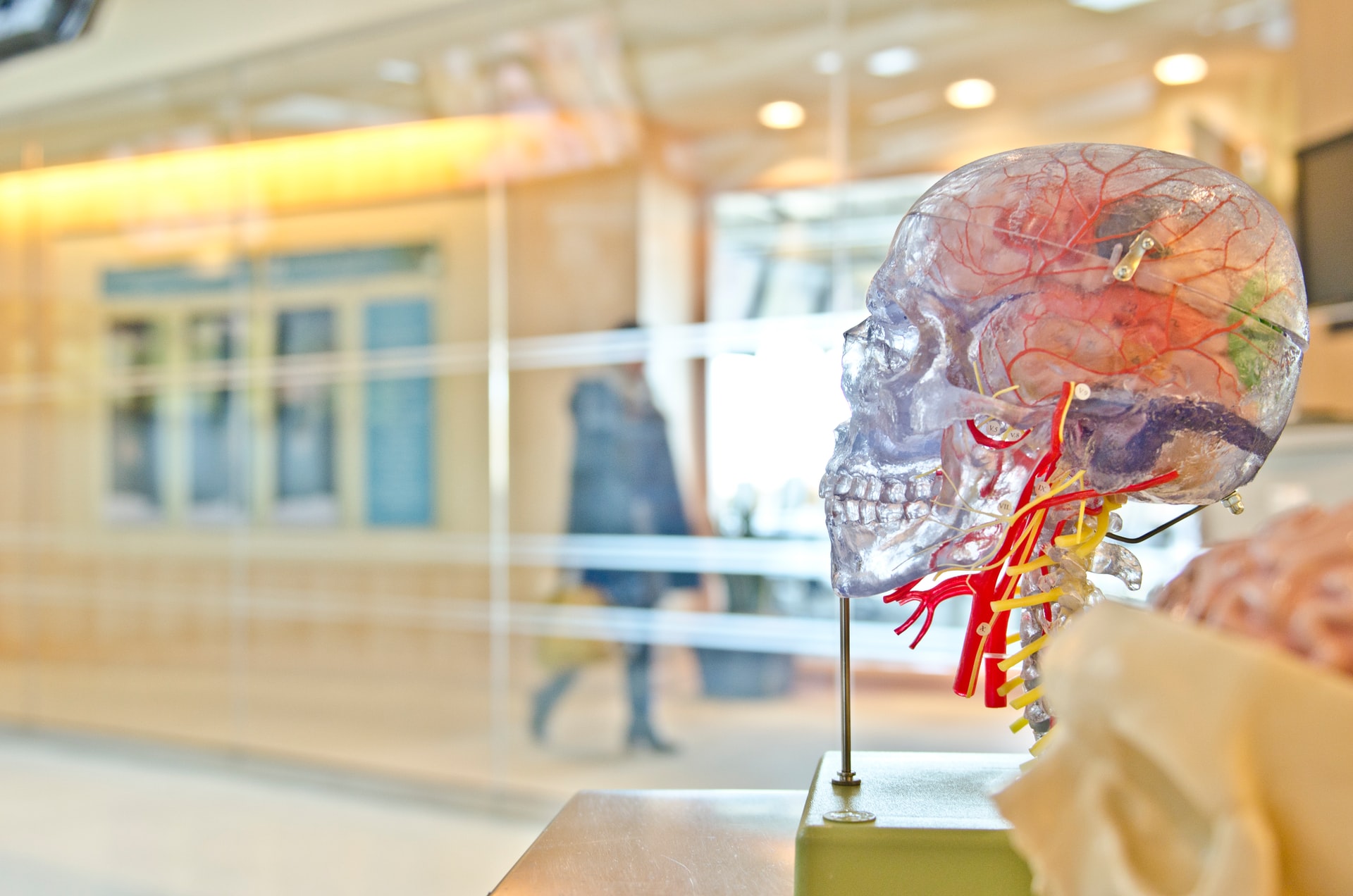News release
From:
Low-frequency electrical stimulation, tuned to the activity pattern of brain networks that control learning and reward-choice behaviour, may reduce compulsive behaviours in people for up to 3 months, reports a study in Nature Medicine. These findings highlight the potential of non-invasive and personalized brain circuit-based therapeutics to treat obsessive–compulsive behaviour and related disorders.
There are few effective therapeutic options for people with obsessive–compulsive disorders, despite the high prevalence of these disorders in the general population and the considerable distress they can cause the person affected. Previous studies have associated obsessive–compulsive behaviours with excessive habit learning as a function of reward during reinforcement learning.
Robert Reinhart and colleagues used a non-invasive approach to measure brain activity patterns in 124 volunteers participating in a reinforcement learning task. The authors stimulated specific brain networks in the orbitofrontal cortex with a low-frequency electrical current. They found that this approach could be used to effectively modulate reward-guided, but not punishment-guided, choice behaviour. The authors found that chronic stimulation for 5 days reduced obsessive-compulsive behaviours for up to 3 months, with the largest improvements seen in those with the most severe symptoms.
These findings suggest that this new form of personalized brain modulation may be effective in producing long-lasting benefits in people experiencing distress due to actions such as compulsive eating, gambling and shopping.



 International
International



